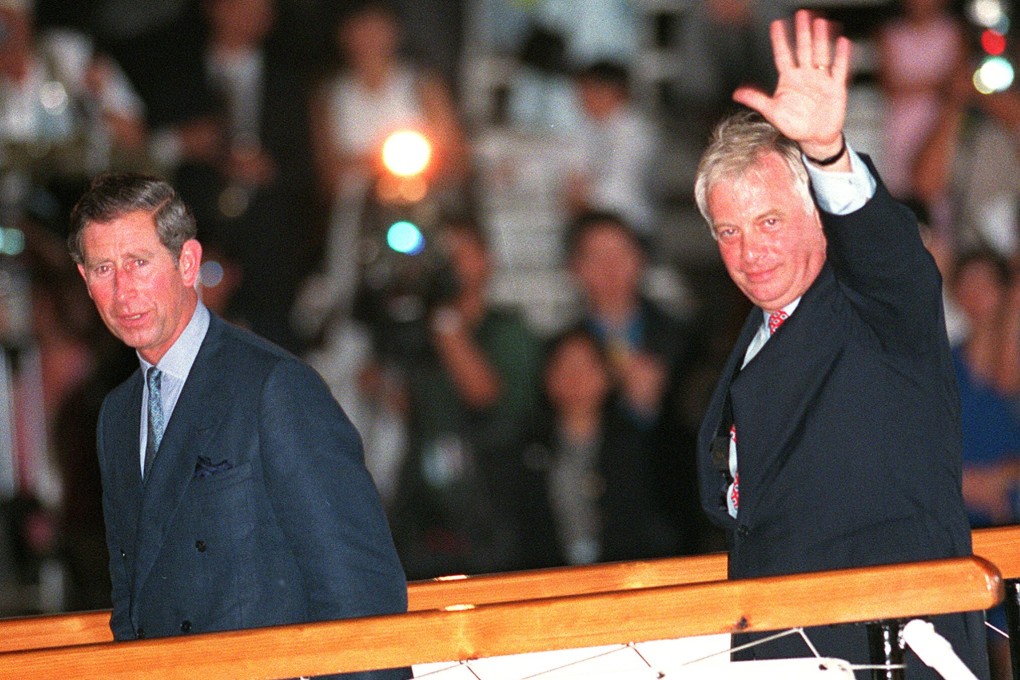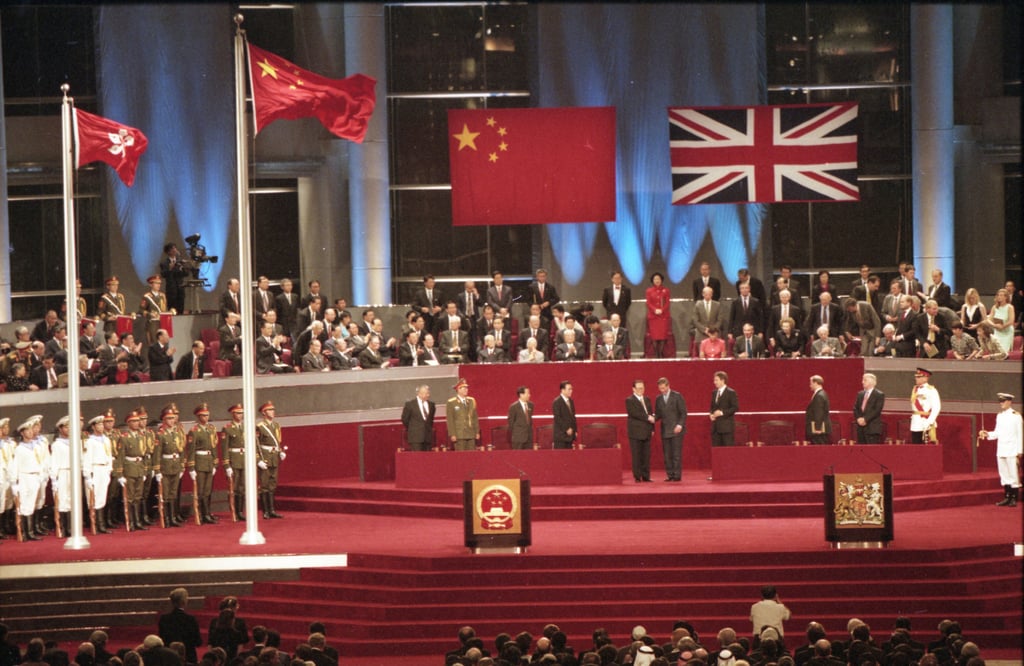Brexit Britain, where amnesia and nostalgia about empire coexist, and shape popular opinion about the country’s past and its future – a history author’s take
- Born into the racism of the English Midlands, Sathnam Sanghera offers a different perspective on modern British history, viewing it through the prism of empire
- He notes both imperial amnesia – ‘We were the biggest drug pusher’, he says of the opium wars – and imperial nostalgia, from which sprang Britain’s EU exit

Empireland: How Imperialism Has Shaped Modern Britain by Sathnam Sanghera pub. Viking
One country juggling many systems. That could have been the mantra for the British Empire – still the largest ever seen.
And a corner of that institution continues to court the attention of author and journalist Sathnam Sanghera, soon to make a virtual appearance in Hong Kong to discuss his bestseller Empireland: How Imperialism Has Shaped Modern Britain.
In a book sketching a personal journey through Britain’s imperial history and present, Sanghera touches on claims that the empire ended with the return of Hong Kong to Chinese sovereignty, or handover, in 1997. During a call from his London home, discussing further how the former colony has occupied his thoughts, he says: “Hong Kong is interesting in that empire lasted longer there than almost anywhere else.”

Sanghera finds himself bemused by how little the British Empire and its perpetual influence are understood. “I love that line in Tony Blair’s memoir where he says, when handing back Hong Kong, ‘I was only dimly aware of the history.’ I find that amazing,” says Sanghera. “I use that as an example of how much amnesia we in Britain have about empire.
